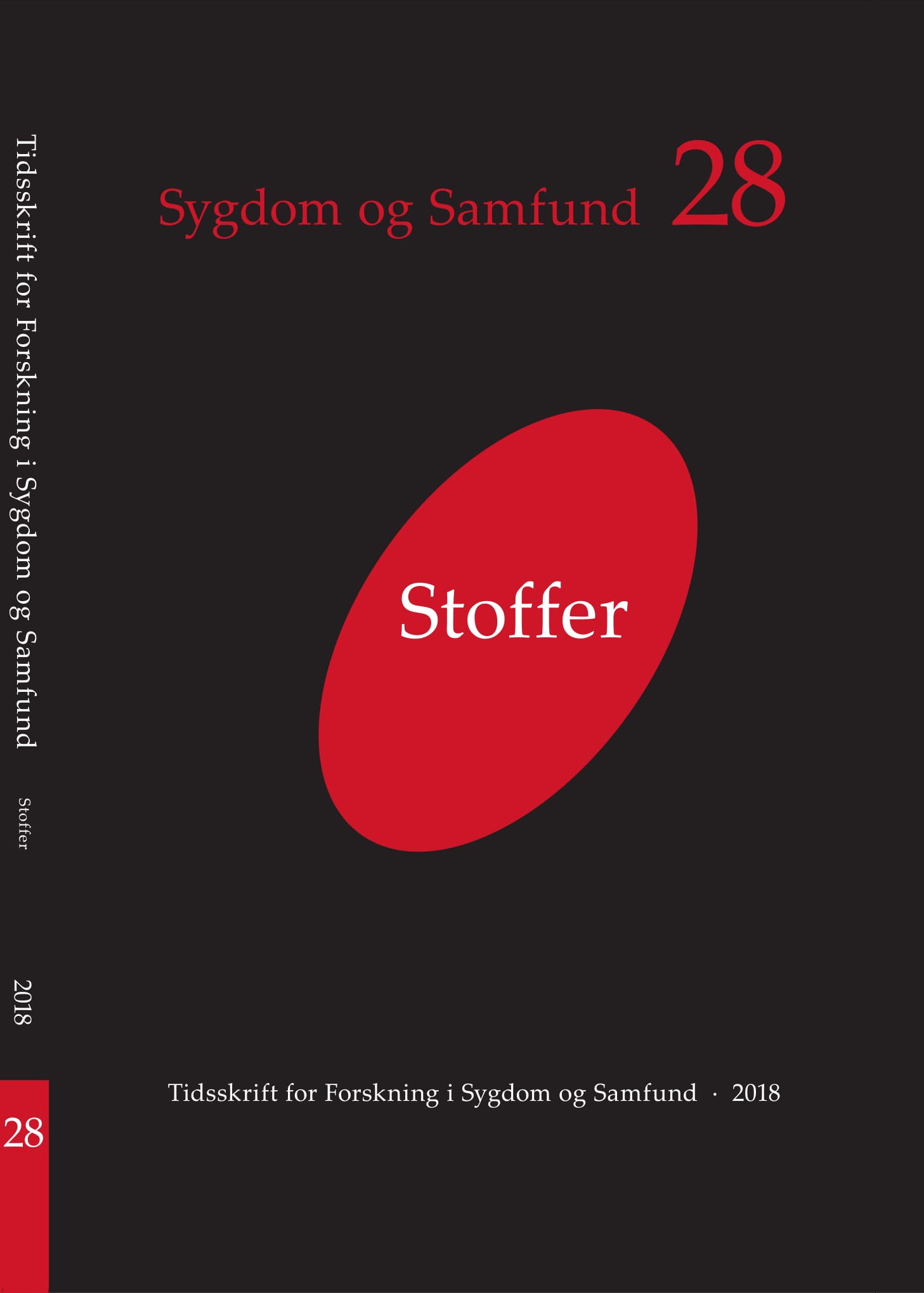Tre måder rusmidler skabes på i dansk fængselsbaseret stofbehandling: Illegale substanser, medicin, og begrænsninger
Published 2018-08-16
How to Cite
Abstract
Drugs are an increasingly salient concern in many European prisons. Drug policies are made, drugs are controlled, used and prescribed, and drug use is treated and sanctioned.
In light of the growing significance of drugs in prison life, this article analyses the different ways drugs are enacted in Danish drug treatment programmes, based on insights derived from Science and Technology Studies. the analysis is based on data from two qualitative research projects conducted between 2007 and 2010 and between 2011 and 2014. In all, eight prisons were involved in the two studies. The analysis reveals three distinctive drug enactments characterised by rather different practises, discourses and narratives: drugs as illegal substances, as medicine and as constrainers. Furthermore, the paper examines how policy makers, prison officers, health personnel, counsellors, and prisoners contribute to the construction and organisation of these three enactments, along with the practical and discursive domains in which this work takes place. The articles concludes by assessing some of the implications of these different enactments of drugs for prisoners’ subjectivities.

